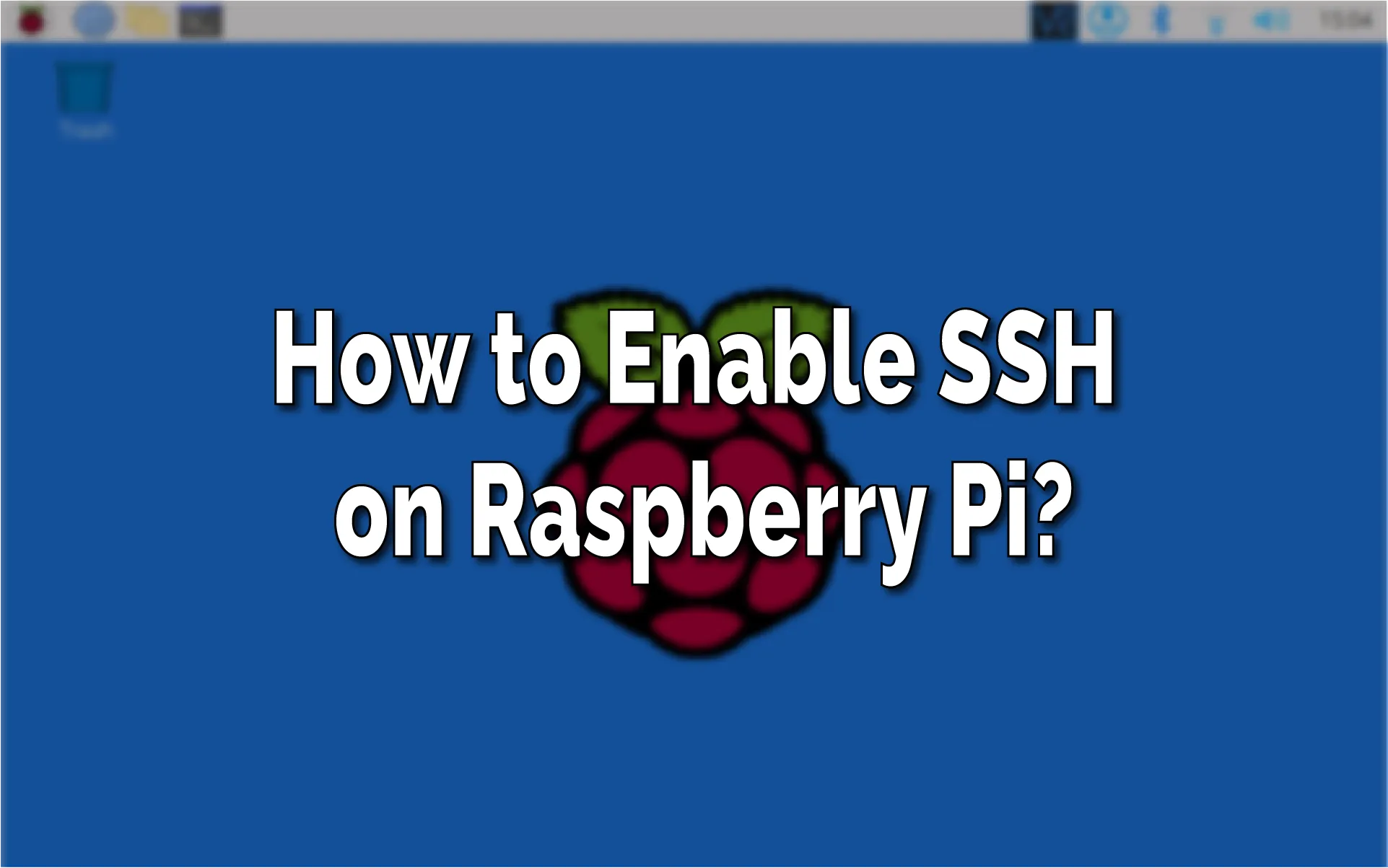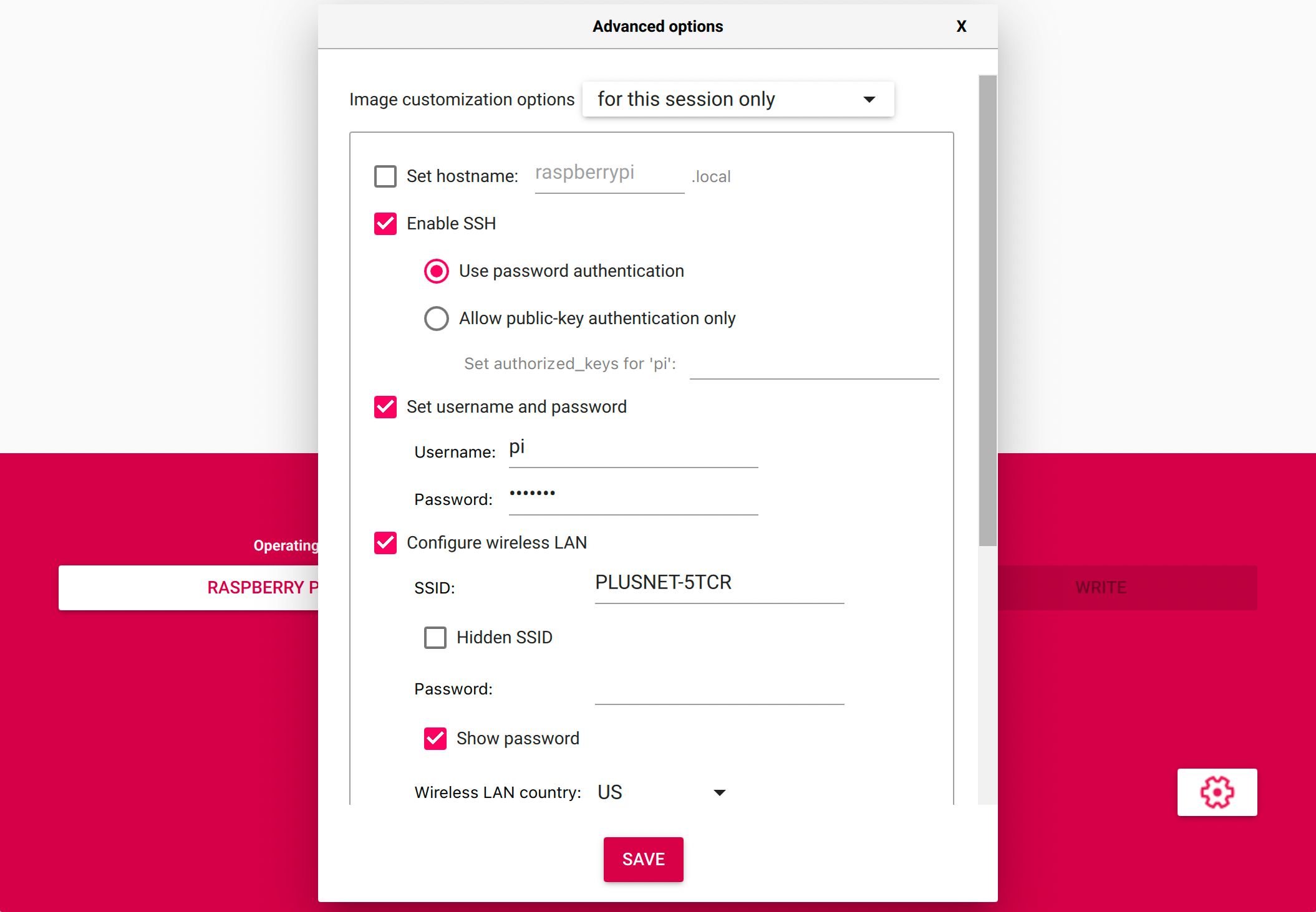Are you looking for a reliable and free remote IoT platform to manage your Raspberry Pi securely using SSH keys? If so, you've come to the right place. In today's interconnected world, remote management of IoT devices like the Raspberry Pi has become essential. Whether you're a hobbyist, developer, or professional, using SSH keys for secure access to your Raspberry Pi ensures that your IoT projects remain efficient and secure. This article will guide you through everything you need to know about setting up a free remote IoT platform with SSH key authentication for your Raspberry Pi.
Managing IoT devices remotely is no longer a luxury but a necessity. With the rise of smart homes, industrial automation, and remote monitoring systems, Raspberry Pi has become one of the most popular platforms for IoT development. However, ensuring secure access to these devices is critical to prevent unauthorized access and data breaches. That's where SSH keys come into play. They provide a robust and secure method of authentication, eliminating the need for passwords and reducing the risk of brute-force attacks.
In this article, we will explore the best free remote IoT platforms, walk you through the process of setting up SSH keys on your Raspberry Pi, and provide expert tips to optimize your IoT projects. By the end of this guide, you'll have a clear understanding of how to manage your Raspberry Pi remotely while maintaining the highest levels of security and efficiency.
Read also:The Ultimate Guide To Haircuts For Fine Hair Stylish Solutions For Every Occasion
Table of Contents
- Introduction to Remote IoT Platforms
- What is SSH Key Authentication?
- Benefits of Using SSH Keys for Raspberry Pi
- Top Free Remote IoT Platforms for Raspberry Pi
- Step-by-Step Guide to Setting Up SSH Keys
- Best Practices for Securing Your IoT Platform
- Common Issues and How to Resolve Them
- Future Trends in Remote IoT Management
- Conclusion
Introduction to Remote IoT Platforms
Remote IoT platforms are cloud-based systems that allow users to manage, monitor, and control IoT devices from anywhere in the world. These platforms are designed to simplify the complexities of IoT device management by providing centralized dashboards, real-time data visualization, and secure communication protocols. For Raspberry Pi users, remote IoT platforms offer a seamless way to deploy and manage IoT projects without the need for extensive technical expertise.
Some of the most popular free remote IoT platforms include Blynk, ThingsBoard, and Home Assistant. These platforms provide a range of features such as device integration, data analytics, and automation capabilities. By leveraging these platforms, users can remotely monitor their Raspberry Pi devices, receive alerts, and control connected peripherals with ease.
What is SSH Key Authentication?
SSH key authentication is a method of securely logging into a remote server or device without using a password. Instead, it relies on a pair of cryptographic keys: a private key and a public key. The private key is stored securely on your local machine, while the public key is uploaded to the Raspberry Pi or any other remote device you wish to access.
When you attempt to connect to the Raspberry Pi via SSH, the server verifies the authenticity of your private key. If the keys match, access is granted. This method is far more secure than traditional password-based authentication, as it eliminates the risk of brute-force attacks and password leaks.
Benefits of Using SSH Keys for Raspberry Pi
Using SSH keys for Raspberry Pi offers several advantages:
- Enhanced Security: SSH keys are nearly impossible to crack compared to passwords.
- Convenience: No need to remember or enter passwords every time you log in.
- Automation: SSH keys enable seamless automation of tasks without manual intervention.
- Compatibility: SSH keys work across various operating systems and platforms.
Top Free Remote IoT Platforms for Raspberry Pi
Here are some of the best free remote IoT platforms for managing your Raspberry Pi:
Read also:Kitsons Net Worth A Comprehensive Guide To The Fashion Moguls Wealth
- Blynk: A user-friendly platform with a drag-and-drop interface for building IoT applications.
- ThingsBoard: An open-source platform that offers advanced data visualization and device management features.
- Home Assistant: Ideal for smart home enthusiasts, this platform integrates seamlessly with a wide range of IoT devices.
Step-by-Step Guide to Setting Up SSH Keys
Generating SSH Keys
To generate SSH keys, follow these steps:
- Open a terminal on your local machine.
- Run the command:
ssh-keygen -t rsa -b 4096. - Follow the prompts to save the keys in the default location and set a passphrase (optional).
- Locate the generated keys in the
~/.ssh/directory.
Configuring SSH on Raspberry Pi
To configure SSH on your Raspberry Pi:
- Copy the public key to your Raspberry Pi using the command:
ssh-copy-id pi@raspberrypi.local. - Log in to your Raspberry Pi via SSH:
ssh pi@raspberrypi.local. - Edit the SSH configuration file:
sudo nano /etc/ssh/sshd_config. - Set
PasswordAuthentication noto disable password login. - Restart the SSH service:
sudo systemctl restart ssh.
Best Practices for Securing Your IoT Platform
To ensure the security of your IoT platform, follow these best practices:
- Regularly update your Raspberry Pi's operating system and software.
- Use strong passphrases for your SSH keys.
- Enable a firewall to restrict unauthorized access.
- Monitor logs for suspicious activity.
Common Issues and How to Resolve Them
Some common issues when setting up SSH keys include:
- Permission Denied: Ensure the public key is correctly copied to the Raspberry Pi.
- Connection Timeouts: Verify that the Raspberry Pi's SSH service is running.
- Key Not Recognized: Check file permissions for the
~/.ssh/directory.
Future Trends in Remote IoT Management
The future of remote IoT management is promising, with advancements in AI, edge computing, and 5G connectivity. These technologies will enable faster, more secure, and more efficient remote management of IoT devices, including Raspberry Pi.
Conclusion
In conclusion, managing your Raspberry Pi remotely using a free IoT platform and SSH keys is a smart and secure way to handle your IoT projects. By following the steps outlined in this guide, you can ensure that your Raspberry Pi remains accessible and protected from unauthorized access. We encourage you to explore the platforms mentioned, implement SSH key authentication, and stay updated on the latest trends in IoT management. If you found this article helpful, please share it with others and leave a comment below with your thoughts or questions!

